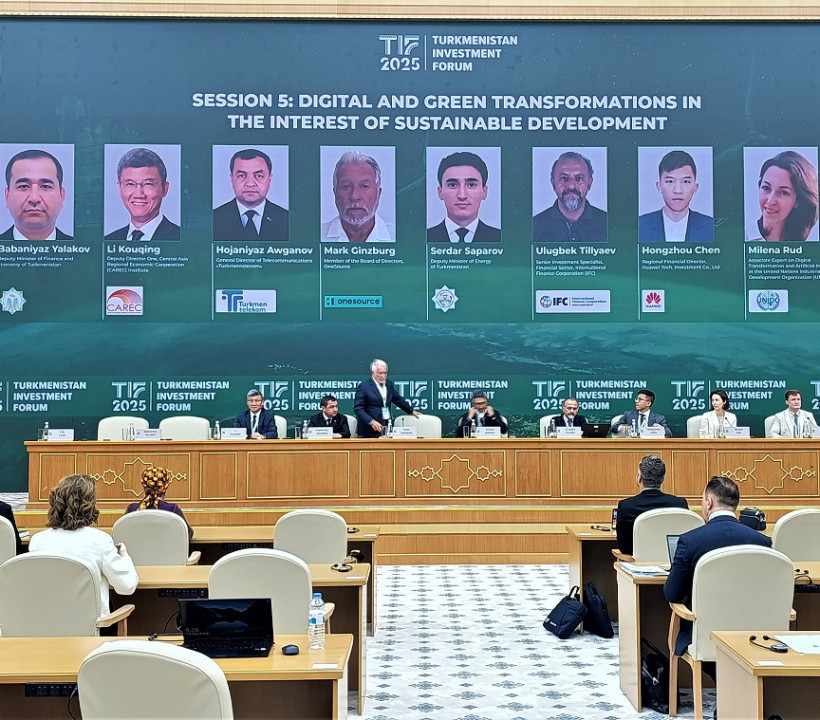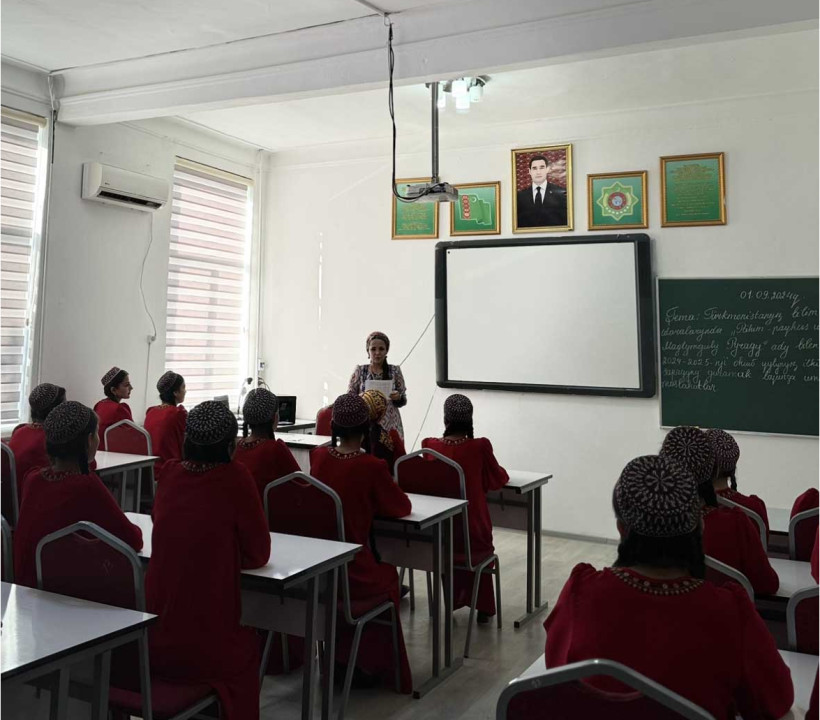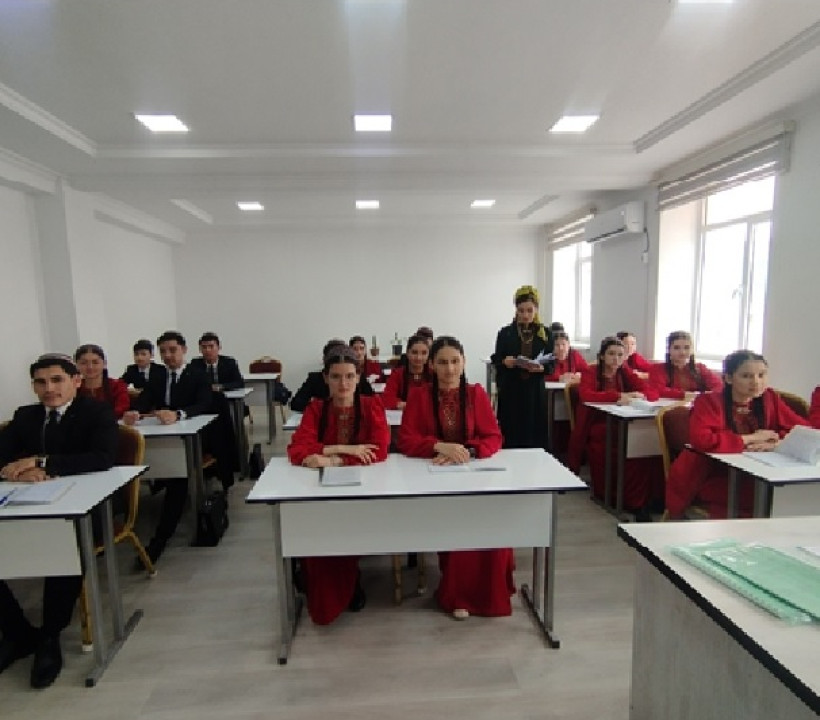How to Optimize Transport Logistics?
Automation is becoming increasingly important in the operation of any modern enterprise. This is fully applicable to logistics. Automation allows you to streamline and simplify many complex tasks associated with the process of supply chain management, storage and delivery of goods, which allows enterprises to reduce costs, improve efficiency and customer service.
In this article, we will discuss the benefits of automating logistics processes, as well as what types of processes can be automated. In addition, we will tell you how best to optimize transport logistics.
The benefits of automating logistics management are numerous.
• Helps reduce the labor costs of the enterprise by reducing the amount of manual labor required to perform logistics process management tasks
• Increases accuracy and speeds up delivery times by eliminating the human factor from work processes.
• Tracks shipments and ensures timely delivery of orders and other internal and external logistics processes
• Automated systems can provide customers with real-time order information and facilitate shipment tracking. This helps build trust and loyalty among customers, as they know that their orders are being processed efficiently and accurately.
• Automation can be used to provide better supply chain visibility for all stakeholders involved in the process, from suppliers to customers, allowing companies to identify potential bottlenecks before they become a problem.
• Allows for standardization and unification of the company’s document flow, freeing employees from unnecessary paperwork
Overall, there is no doubt that automation has enormous potential when it comes to modern logistics processes, from reducing costs to improving customer service, making it an effective tool for businesses looking to be competitive in their market. Which logistics processes can be automated?
Modern technologies make it possible to automate almost any logistics process.
Planning: Planning tools enable a business to make more informed decisions based on data such as delivery schedules, customer demand patterns, and inventory levels
Tracking: Automated tracking systems enable a business to monitor deliveries in real time
Inventory management: Companies can use systems to track inventory levels across multiple warehouses or stores
Order fulfillment: Automated order fulfillment systems enable customers to quickly deliver orders with minimal effort, even if they do not have a large logistics department
Invoicing and invoicing: Help streamline the process of quickly generating accurate invoices
Customer service: Automation of routine business processes enables faster response to customer requests via email or chatbot support
Delivery service management: The ability to organize an optimal system for distributing orders across delivery services, allowing the seller to save on logistics, goods will arrive faster, and the redemption of orders will increase
Atagurbanova Aysyluv Nazargulyevna
Teacher





